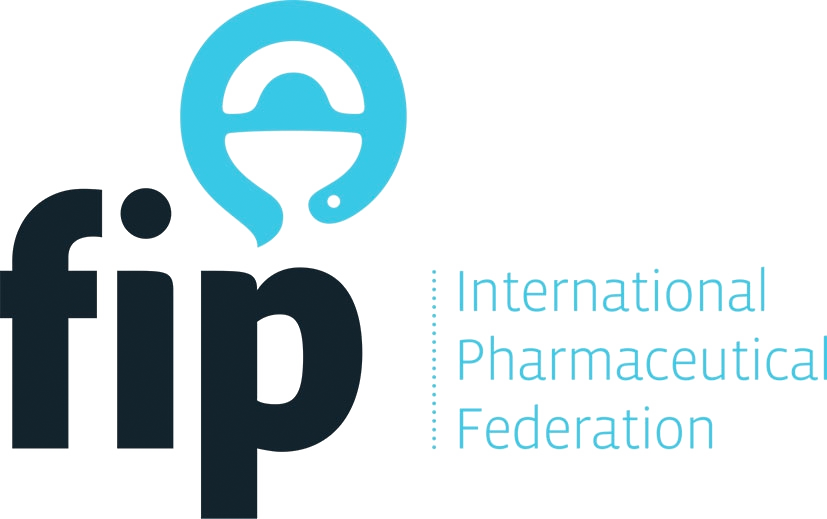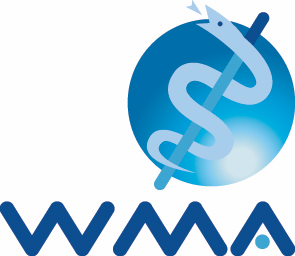January 2018
I am speaking on behalf of FDI World Dental Federation, supported by the World Health Professions Alliance (WHPA), representing over 31 million nurses, pharmacists, physical therapists, dentists, and physicians in over 130 countries.
We welcome WHO’s secretariat report on this important health topic. The global shortage of trained healthcare professionals is estimated at 17.4 million. If this trend continues, it may result in a shortfall of 18 million healthcare professionals by 2030. Alarmingly, the health workforce deficit disproportionately affects the Southeast Asia (6.9 million) and African regions (4.2 million). The shortage will have a long-lasting impact for billions of people globally. mHealth is one solution that can make a significant difference in bridging the human resource gap in the healthcare sector.
We recognize the tremendous potential of mHealth to deliver healthcare to patients and technical support to healthcare professionals. We agree with the Secretariat’s report that “the spread of digital technologies and global interconnectedness has a significant potential to accelerate Member States’ progress towards achieving universal health coverage, including ensuring access to quality health services.”
Although mHealth promises to greatly improve access to and efficiency of healthcare, we believe that its success ultimately depends on the quality of the care delivered by healthcare professionals. To improve healthcare outcomes, it is imperative for countries implementing mHealth to understand the fundamental education and training needs of healthcare professionals and the privacy and confidentiality rights of patients for their health data.
We therefore welcome WHO’s new priorities in Clause 13 for mHealth, specifically to support building capacity and empowering healthcare professionals. We urge countries to invest robustly in the education and training of healthcare professionals and increase mHealth uptake. We remain committed to supporting Member States scale up and integrate mHealth as they strengthen and improve their healthcare systems.




